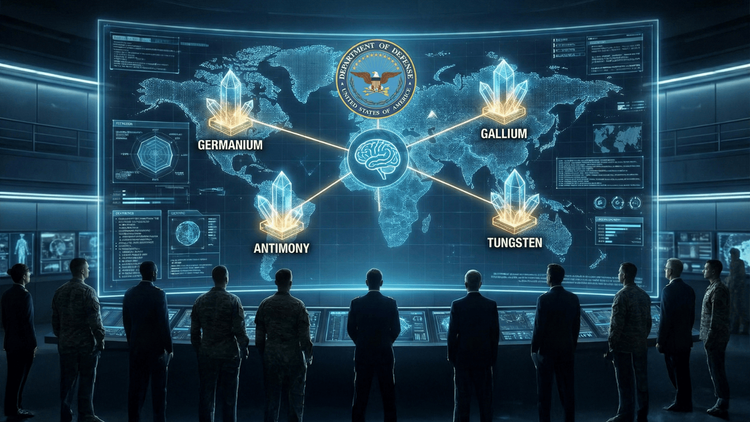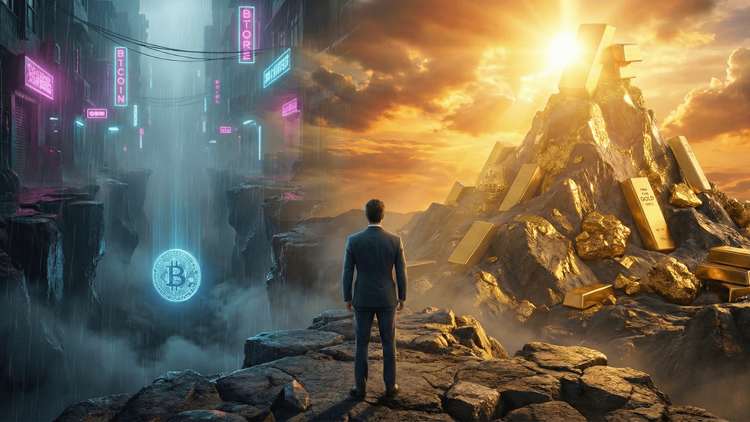Rock Solid Strategy: America Goes Global in the Critical Mineral Hunt
America Charts a New Path in Global Resource Diplomacy with the Finding ORE Act

In a bold bipartisan move that could reshape America’s position in the global race for mineral dominance, U.S. Senators Todd Young (R-Ind.) and Chris Coons (D-Del.) have introduced the Finding Opportunities for Resource Exploration (ORE) Act. Joining forces with Senators John Cornyn (R-Texas) and John Hickenlooper (D-Colo.), the bill marks a significant step in countering Chinese dominance in the supply and processing of critical minerals.
Critical minerals like lithium, cobalt, rare earth elements, and antimony power the very foundation of modern industry. From the chips in our smartphones to the batteries in electric vehicles, they are essential for economic innovation, defense capabilities, and energy independence. Yet the U.S., despite sitting on an abundance of natural resources, remains dangerously dependent on Chinese supply chains.
The Finding ORE Act aims to flip that script.
At its core, the legislation empowers the U.S. Geological Survey (USGS) to team up with allied nations to conduct detailed geological surveys in mineral-rich but poorly mapped regions. Think of it as a diplomatic mining mission — but instead of prospectors with pickaxes, it’s American geologists wielding satellite data, hyperspectral imaging, and decades of mapping expertise. Senator Young didn’t mince words. He pointed out that countless countries still rely on decades-old, incomplete surveys. By offering U.S. technical support to these nations in updating their geological data, the ORE Act creates what could be a diplomatic gold mine — new partnerships, new discoveries, and crucially, the first crack at developing the finds for American and allied companies.









